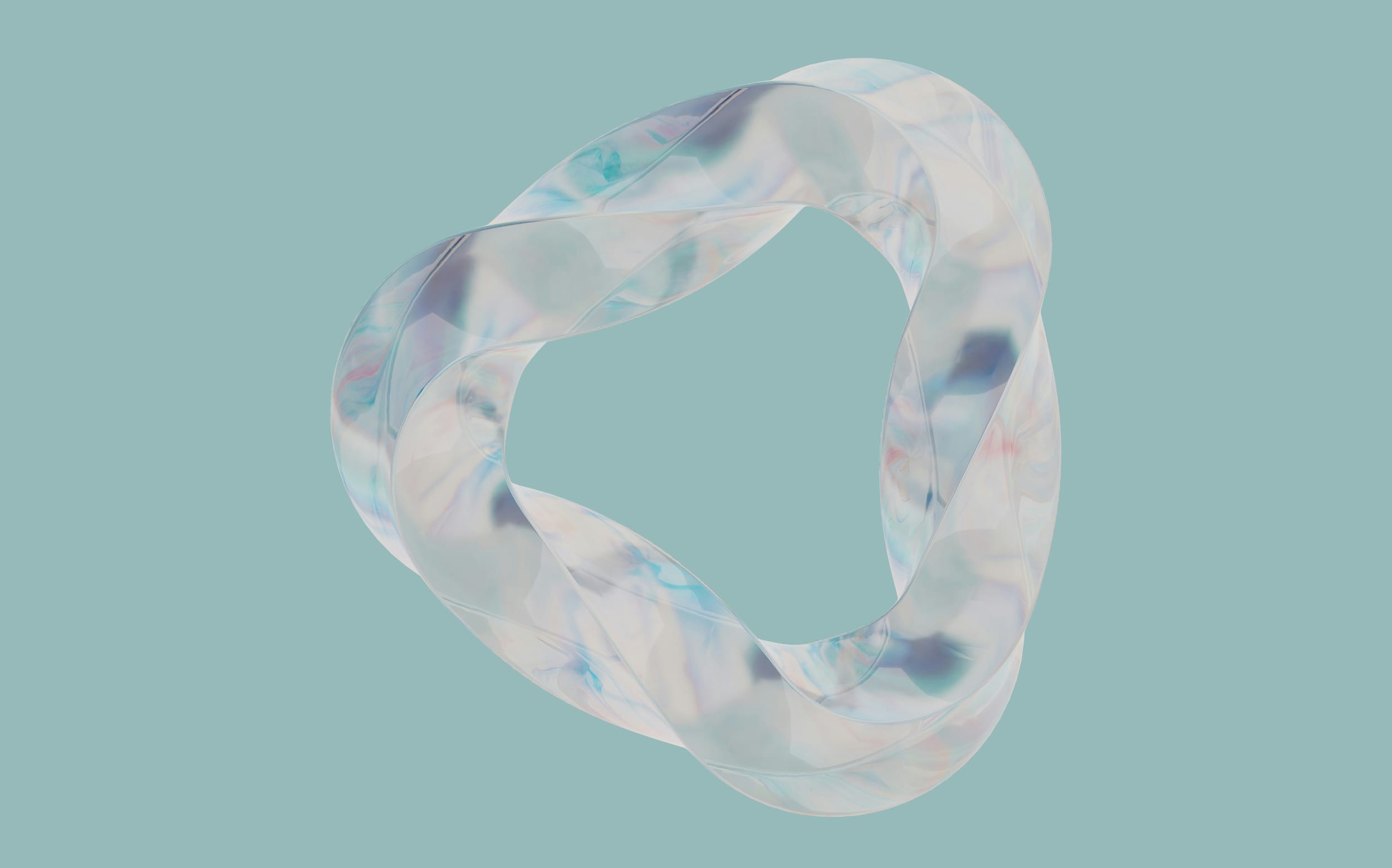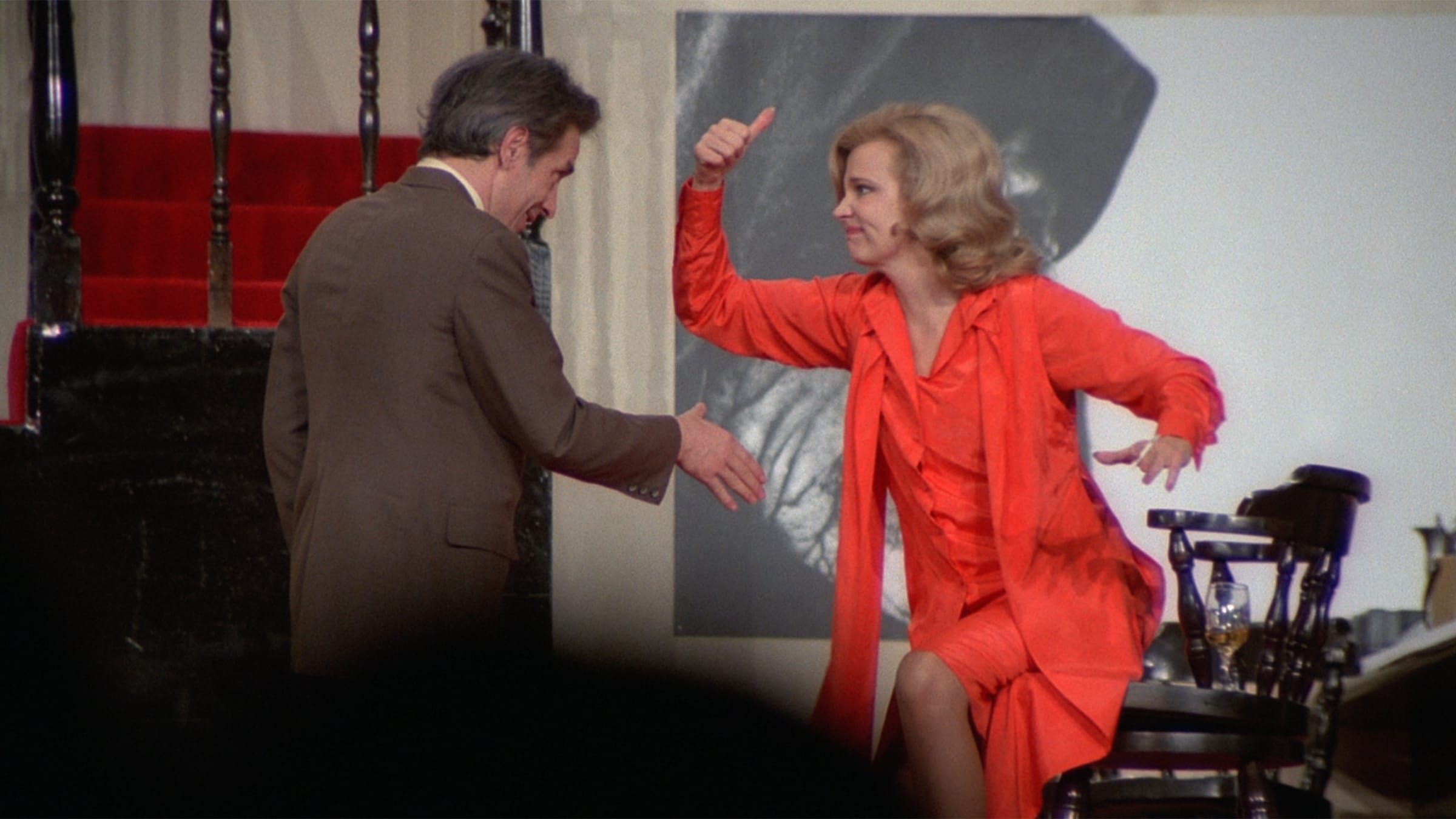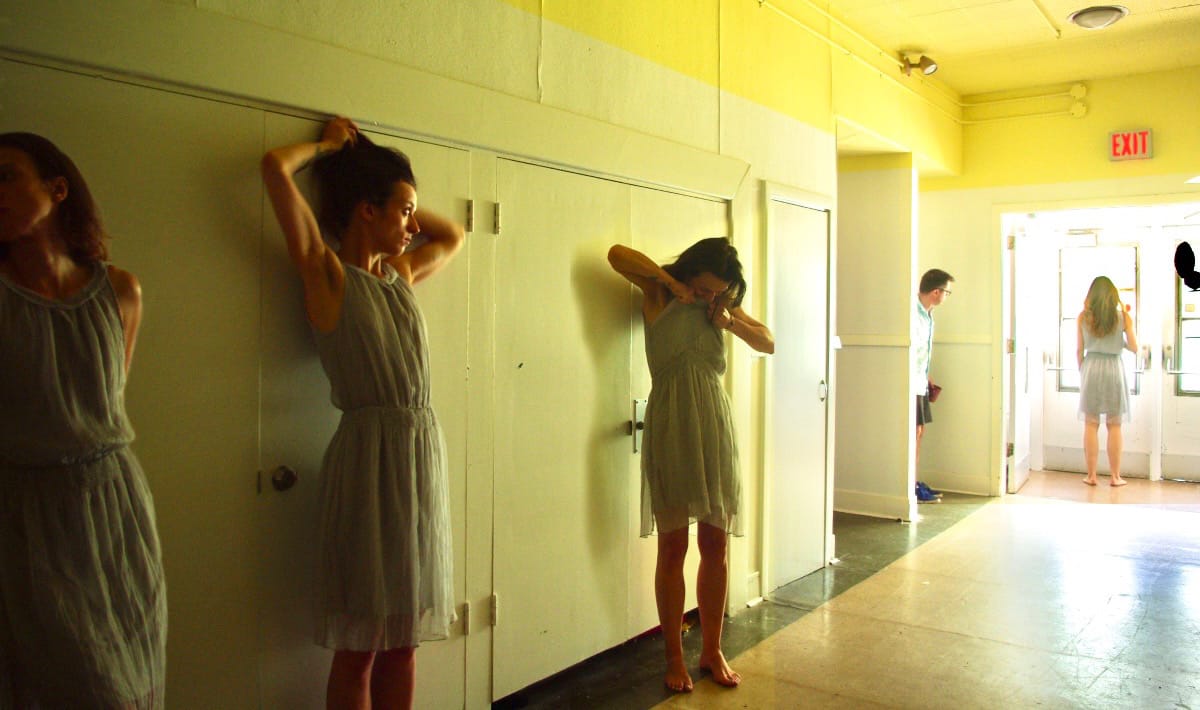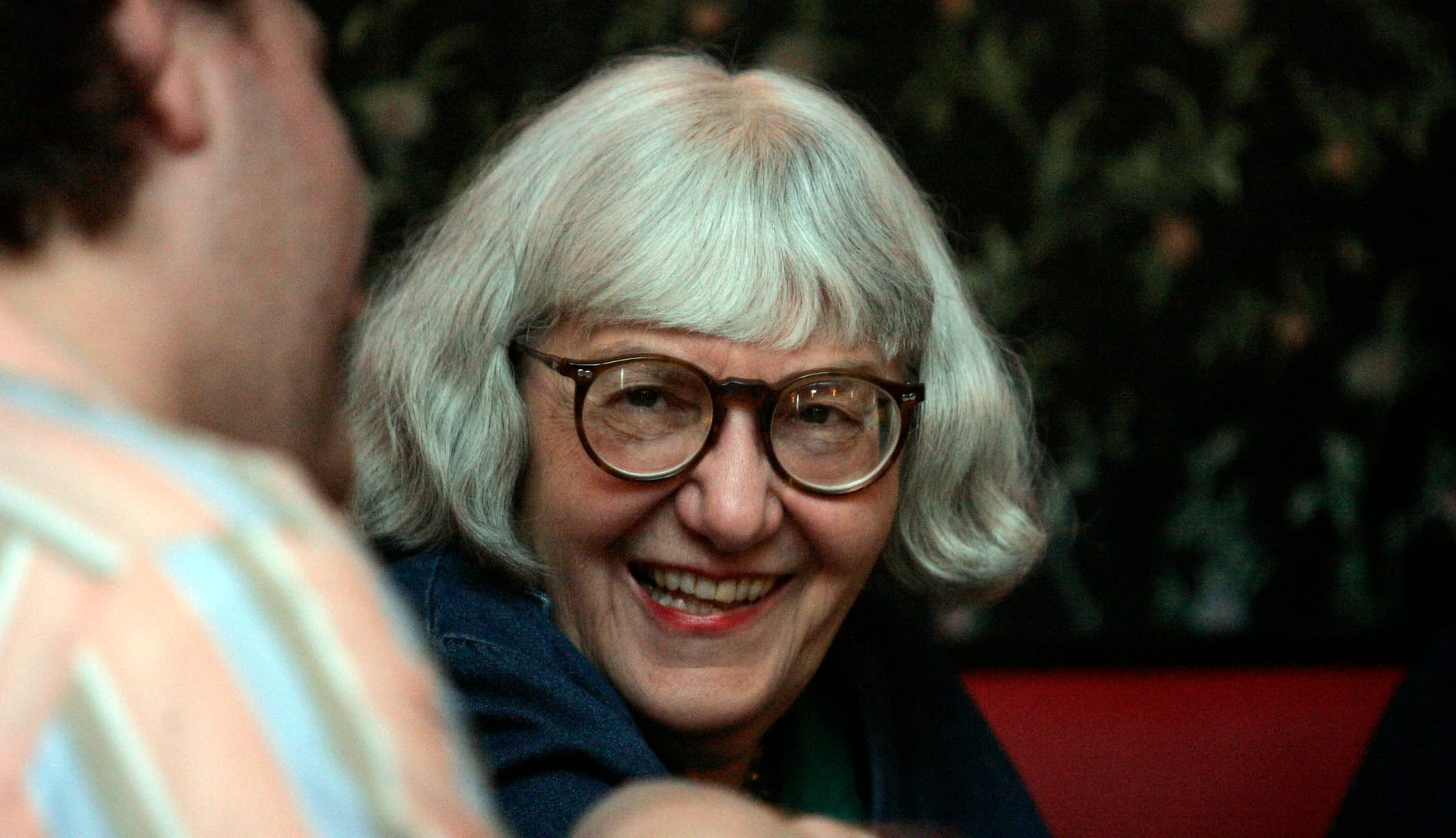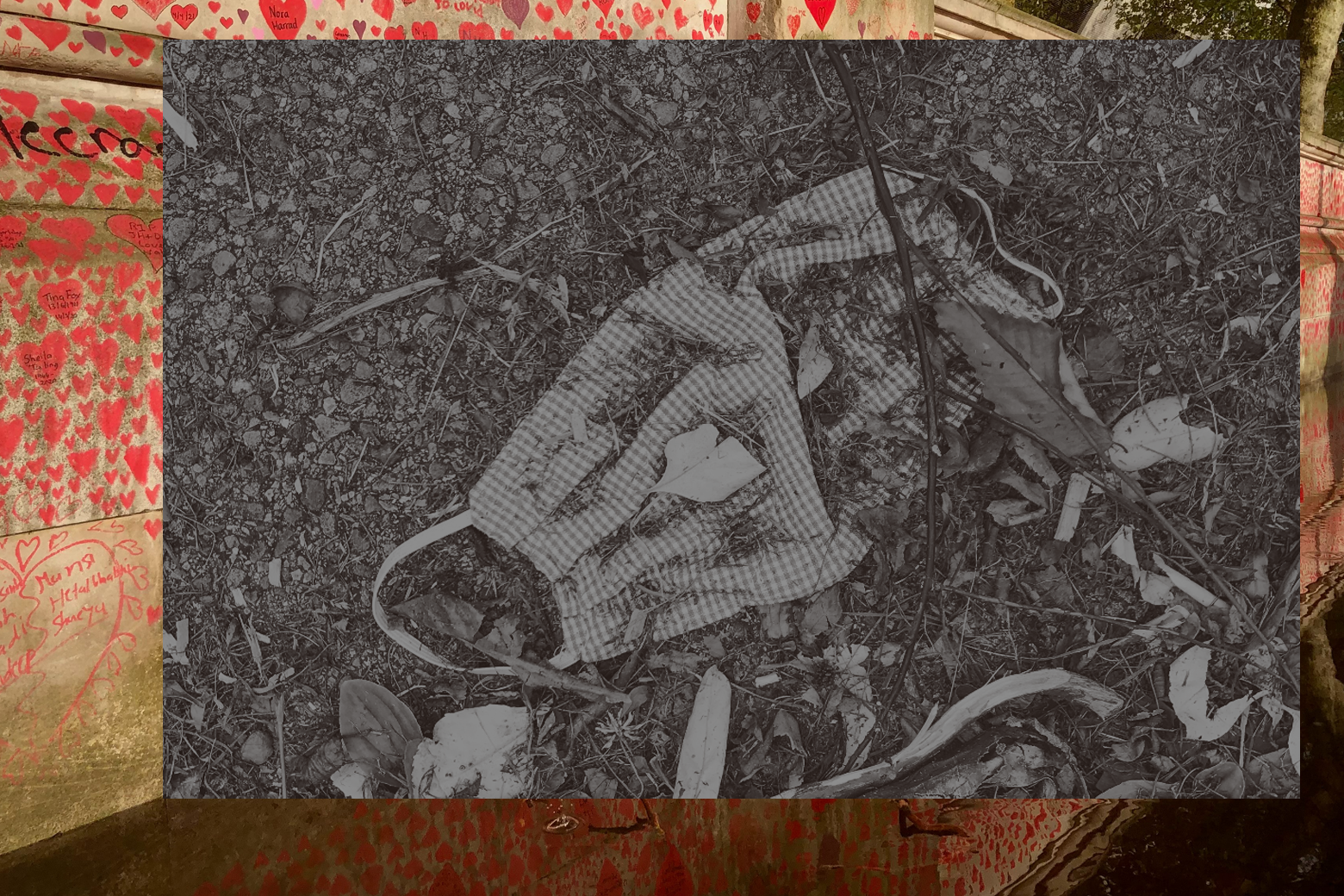
Thoughts for the Aftermath
Jacqueline Rose’s new collection of essays navigates our present chaos with help from those who thought their way through the calamities of the last century.
Toward the end of her latest essay collection, The Plague: Living Death in Our Times (Macmillan), the British writer and cultural critic Jacqueline Rose asks, “How do you take your moral bearings in a world that has gone so awry?” That world gone awry, along with the book’s title, refers most obviously to the plague we’ve all lived through these past three years. But its subject is more so the greater context in which we’ve each lived it, riding our own particular waves of grief and possibility, hope and despair.
When Rose asks, “What do you do with death and dying when they can no longer be pushed to the outer limits of your lived experience or dismissed from your conscious mind?”, it’s a question she amplifies in both the collection’s introduction and afterword, by contextualizing these essays against the backdrop of Russia’s brutal invasion of Ukraine, Vladimir Putin’s tyranny, and the current apocalyptic mood. Rose seeks to unpack these questions by looking back to others who have tried, in previous moments of calamity—in particular, Sigmund Freud, Albert Camus, and Simone Weil—not just to understand their ideas, but how these great thinkers themselves struggled to fit into and make some practical sense of the cruelty and chaos around them. In short, how do we catalog, metabolize, and build back differently out of suffering, rather than just memorializing it in ways that blunt the painful edges of the details?
Written in “the heat and chill of its moment”, the essays collected here attempt what we’ve all been intermittently attempting, and flinching away from, in that heat and chill—understanding what to make of it all. Deprived of the distance that comes with time, such attempts are rarely an unqualified success. But that sort of seems the point. If the essays in this collection lack some of the polish and clarity in her previous books, it’s because there’s more of a sense here of her showing the work that goes into answering such urgent questions.
Like so many in the pandemic’s first year, Rose reaches first for Camus, and the novel from which she borrows the collection’s title. Of course, even alluding to Camus’s novel now, in retrospect, verges on the cliché, but there’s a good reason why we reached for it. Just as all of us—the media, government, individuals—were obsessively counting and classifying through much of the pandemic, Rose reminds us how the same happens in the novel, as authorities try to compare what’s happening with how many should be dying. As if everything was normal, it’s “at once a scientific endeavour and a form of magical thinking… a doomed gesture of omnipotence, a system for classifying and bundling the horror away… We take the measures that are there to be taken, adequate and inadequate according to where and who we are. And we wait.” She quotes Camus from his composition notebooks, in 1938, getting to the heart of it, when he says that people “don’t think on the right scale for plagues.”
Through Camus, Rose revisits the thinkers and writers who attempted to make some form of sense of things in those early days—Arundhati Roy, Julia Kristeva, Rebecca Solnit—all pointing so firmly to the ways in which lockdown “revealed hidden things”, be they hypocrisies, injustices, or deep inner trauma. Those hypocrisies were clearly present from the novel’s setting in the Algerian city of Oran, where the poor meet brutal oppression as they take to the streets rallying under the slogan of “bread or air.” “He is calling for an insurrection, but he is in no doubt as to what would be most likely to happen should the poor take matters—bread, air, life—into their own hands.” Though the cry against injustice is clear, Rose highlights how many of Camus’s contemporaries felt he was being too passive, too broad, too unwilling to point specific blame. The communists accused Camus of getting too caught up in colonialism, and losing sight of the class war. Sartre, famously, could not forgive him for his turn against Soviet totalitarianism. Others, such as Roland Barthes, felt that one of The Plague’s shortcomings was abstracting fascism into a scourge of nature. “The Nazis were agents of history, not some microbe,” she summarizes, while pointing out that Camus felt he was being misread—it’s not that his metaphor was too subtle (it was not, at all), but that in attempting to create a novel that could be given three ambitiously distinct readings—the shock of pandemic, the brutality of Nazi occupation, and finally, the more metaphysical nature of evil—it likely would leave critics inherently unsatisfied on each.
Rose is more sympathetic to criticisms directed at how the novel effectively elides the fictional plague’s impact on Arabs and women. “The women in the novel are either patient sufferers,” writes Rose, “or occasional prophetesses who are allowed to cry out their agony into the night sky.” As she argued in her 2021 book On Violence and On Violence Against Women, and does again here, “lockdown” is a good description of the conditions women generally lived under in the 1940s and 1950s. And it is now one of those undeniable and chilling statistics of the pandemic lockdowns, that women faced a chilling rise in domestic violence, being the target of physical backlash.
If Camus offered anything like an answer to the question of accountability for his plague, it might be found in the perspective of the outsider chronicler Jean Tarrou, who aligns with much of Rose’s long standing work on state violence as he underscores the complicity of us all in the sanctioned death and dying we turn away from—“to be a citizen subject is to be involved in sanctioned murder every day,” as she puts it. We, all of us, are carriers. As Tarrou tells the protagonist Dr Rieux in one of the book’s pivotal monologues: “We must keep endless watch on ourselves lest in a careless moment we breathe in somebody’s face and fasten the infection on him.”
This is Rose’s challenge—to hold us “all accountable for the ills of the world in which we live.” She means this not as a scold, but a challenge, or perhaps a standard to reach for. “Who we are and what we make of the world after the plague could go either way, for better or worse. A thought for the aftermath when there will be so much to be done.”
From Camus she turns to her expert subject of Freud, reshaping a memorial lecture given in 2020 (one assumes over Zoom) into essay form. As Rose notes, psychoanalysis first made its way into the UK “under the shadow of past and impending war”, arriving in the wake of World War One. Plague, too, played its part, an important detail that’s been relegated to historical footnote, as with so much of our memory of the Spanish flu. In 1920, Freud lost his daughter Sophie (his favourite, Rose adds), then pregnant, to one of the flu’s final waves: “a fourth wave exclusive to northern countries, many of whose citizens had wrongly believed themselves to be free of the disease.” As the Habsburg empire collapsed, and Austria starved, Freud and his wife could not get to the dying Sophie. There were no trains running.
“Psychoanalysis begins with a mind in flight, a mind that cannot take the measure of its own pain,” Rose writes. She even identifies it in Freud’s own work during this period—how it responded to and was shaped by the chaos around him. “To read Freud against this backdrop is to observe someone capable of the wildest fluctuations, covering the entire range of moods to which everyone I know, affected by today’s pandemic, has at one point or another succumbed.” In 1914, writing to Lou-Andreas Salomé, the darkness seemed too much for Freud to bear: “I and my contemporaries will never again see a joyous world. It is too hideous.” In his later writings of the 1930s, with the next war looming and the darkness growing still darker, he began to point to how human arrogance had disconnected us from the animals, and from the world.
In the middle of all that, according to Rose, is the question of Sophie. Freud vehemently denied that his notion of the “death drive”, first introduced in his 1920 “Beyond the Pleasure Principle”, was in any way linked to Sophie’s death. He called such a suggestion “implausible”, though Rose sees otherwise in the evolution of drafts before and after her death, in particular the theoretical trajectory of the sixth chapter, largely written in the aftermath, that moves “between elegy and treatise, between sorrow and science.” Of all people, you would think that Freud would agree that one is never the final conscious arbiter of how personal traumas might seep into their work. He’s reaching, she claims, for a reasoning to hold onto, a remorseless law of nature in place of a preventable loss. “Nothing worse than the idea of death as part of a string of accidents.” Freud seeks answers but doesn’t find them at the level of biology, in the mortality of protozoa, in the “psychic alignment” between inner turmoil and biological tragedy.
These explorations go even deeper in a “truly wild'' and not particularly scientific paper that Freud hoped would never see the light of day. (It wasn’t published until 1985, as “A Phylogenetic Fantasy”.) In that paper, Freud imagines the origins of tyranny, and its enforced subordination of the libido, in early ice age catastrophe, as “the hitherto predominantly friendly outside world … transformed itself into a mass of threatening perils”, a shortage of food leading to a self-imposed ban on reproduction, “since to propagate the species in a time of such want was to put his very existence on the line: no children, no future, no glimpse of eternal life.” In response to this curtailing, we reacted with the earliest hysteria, and with a new and still innate drive to otherwise unrestrained dominance and power. From that, we carry an inherited anxiety, a “transgenerational haunting” that prefigures much later and more accepted modern work on generationally inherited trauma—something Rose has explored deeply in other works, such as her recent collection Mothers. According to this wilder Freud, we still feel inside of us what it was when the world first showed us real peril. Bodily panic in the face of emergency, coupled with a confused drive for power and dominance.
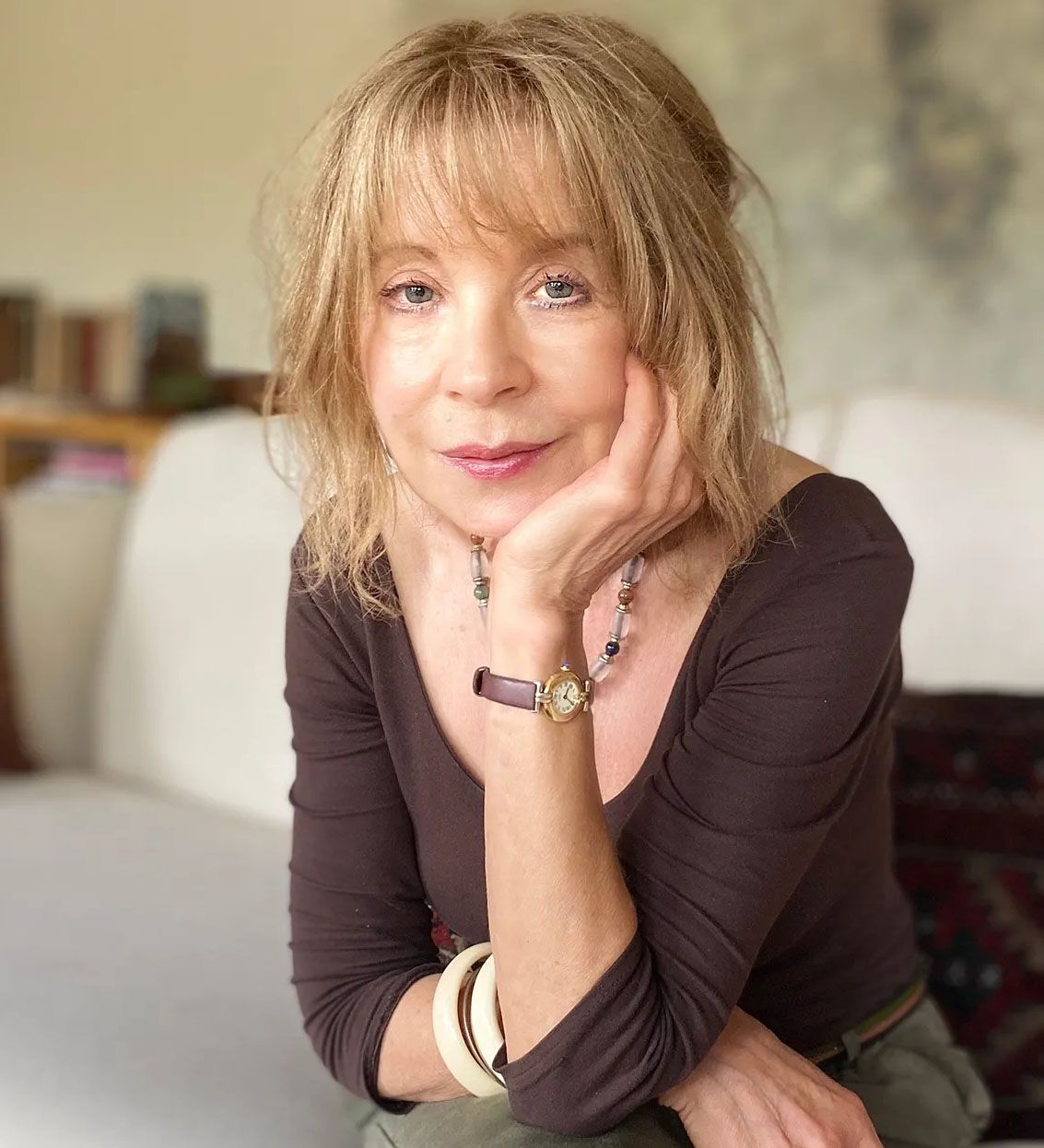
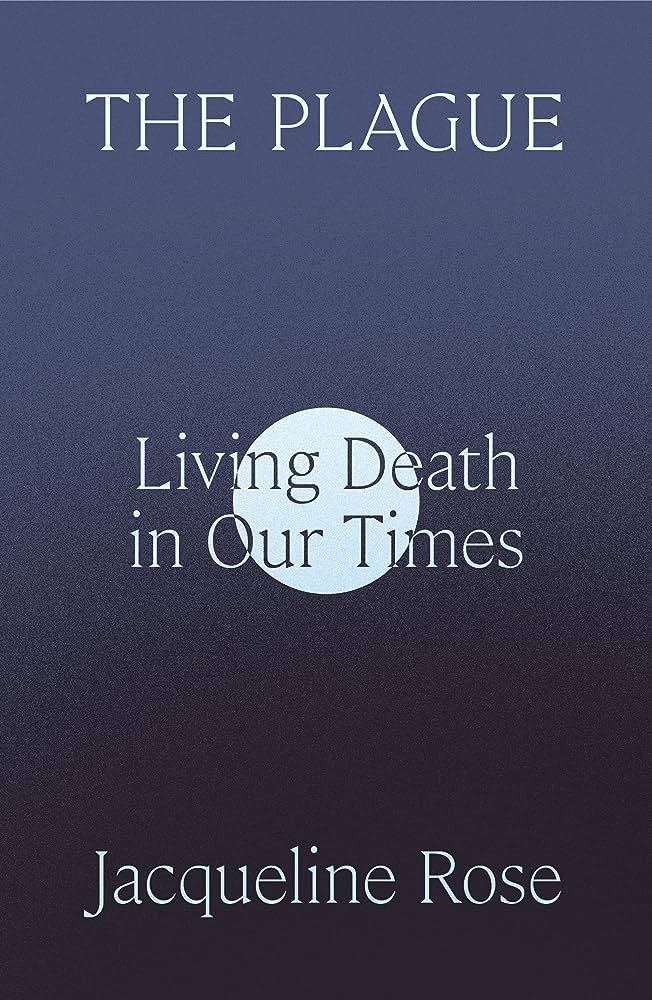
Jacqueline Rose at left. (Photo: Mia Rose)
Rose repeatedly returns to the idea of complicity. She quotes Freud writing to Einstein in 1929: “All our attention is directed to the outside, whence dangers threaten and satisfactions beckon. From the inside, we only want to be left in peace. So if someone tries to turn our attention inward, in effect twisting its neck, then our whole organization resists…” Freud meant it to explain the hostile reaction to psychoanalysis, but Rose finds it advantageous to understanding the costs of turning away from the world’s horror, even when it’s not enacted by knowable forces in our name.
She works here to find new depth in Freud as “a thinker of disaster”, a use he’s not often put to at a scale beyond the individual. For Rose, one can only build new forms of solidarity if you can “find a place for this new reality for the darker aspects of being human”, which is in fact at the heart of the psychoanalytic project. Freud’s vision, and his willingness to look in the dark, sometimes more than he would have liked in his less guarded moments, offers a “radical, all-encompassing and finally loving vision.”
As Rose turns to the future and what reconstruction might look like, she suggests the opposite of forgetting might not be memory, but justice. Or, perhaps, it’s both; “they are in fact inseparable”, she writes. “There can be no struggle for justice without a vision of the future, so long as we do not lose sight of the worst of the past. We all need to become historians of our public and private worlds.”
There are even less clear answers in the tangled ideas of Simone Weil. She was, Rose writes, “the relentless diagnostician of her era”, but someone who in her quest to live “the infinite number of existences I need”, pursued paths that have made her rather difficult to parse, and make sense of, from a contemporary vantage point. It’s futile, says Rose, to try to “separate out Weil the mystic from Weil the activist; or Weil, the lover of God, from Weil the factory worker.”
Rose’s task in this section of the book is not necessarily to relitigate the ways in which Weil— the madwoman Anti-Christ of Le Puy, the gender-fluid pacifist, activist, unionist, secular Jew turned Catholic mystic, the freedom fighter who was too bad a shot for the Durruti Column—frequently changed her mind over her short years, but to use her as a compass towards new ways of thinking, being, and rebuilding. Each of these pivots in her life was, in her mind, a direct response to the moment she was living in.
She lived a life, Rose supposes, that demonstrated “in her person, a form of universal accountability.” It’s a universal accountability she ultimately fell short of, Rose argues, having, under the Vichy regime, put her Jewishness at a distance. It’s something Weil’s niece Sylvie later struggled with: “Why was she blind to the glaring affinity between her own politically charged generosity and the core Jewish principle, ‘Tzedekah’, or charity, ‘a form of justice, a way of restoring balance’?” Rose argues that the intensification of Weil’s spiritual life was not a de-intensification of her politics, but rather an intensification of “her earthly commitments” through her encounters with God, “for all the ruthlessness with which she detaches them from the history of her own Jewish antecedents.”
“The acute reality of the hour makes any control over words, indeed any semblance of self-mastery, seem even more fraudulent than usual.” And yet we must try, for the reality of the moment we live in is never less than acute. Quoting Weil, Rose asserts that however bad things get, however many forces prepare to crush us, “nothing in the world can prevent us from thinking clearly.” The most important work is to maintain a clear comprehension of the moment itself and the future we’re working toward. It’s an urgent challenge, and one that can feel impossible when right inside of it. These past few years, clarity of thought has seemed harder to attain than ever. It’s one of the first things that grief takes from a person—when clarity only means that the pain is more clearly felt. But as with the clarity of pain, perhaps, too, clarity of the path, Weil might have argued. And so does Rose. All old things are the property of the dead. All traumas have happened already. Nobody wants to hear about them, and we’re all tired of it. But whatever comes next, it’s something we’ve all built.
“Hope, but in moderation,” wrote Weil in her final letter to her parents in 1943, just before she died of tuberculosis and/or suicide in London at the age of 34. At the time, Weil was facing an incurable disease, and refusing to eat any more food than the rations available to those still fighting in France. She was also distraught that Charles de Gaulle had dismissed her plan to parachute a troop of nurses into occupied territory as insane. Yet, she still kept up her own “unique brand of determination”, believing that such doomed moral examples might be a powerful tool of war.
“Hope, but in moderation,” was, perhaps, Weil trying to shield her parents from the truth of her condition, but it might be what Rose’s collection is suggesting we allow ourselves to feel, in the face of everything. But only if that moderation comes with accountability, and a resistance to merely filing away what we’ve all just lived through. As Rose quotes from a Guardian interview with the artist Rachel Whiteread, on calls to make London’s spontaneous Covid memorial wall permanent, “You cannot memorialize something that is still going on.”
Whiteread, herself familiar with the struggle to memorialize the Holocaust with her Judenplatz Memorial in Vienna, also describes in that interview how she only felt comfortable about her work on Judenplatz because there one could be absolutely clear about what happened. It is a memorial designed to clear up any “fuzziness” in public view. But for Rose, we won’t get to that unfuzzy place without first holding ourselves and our societies to account. Her rallying cry: “A world that makes room for memory and justice would be something else. There is still everything to play for.”


